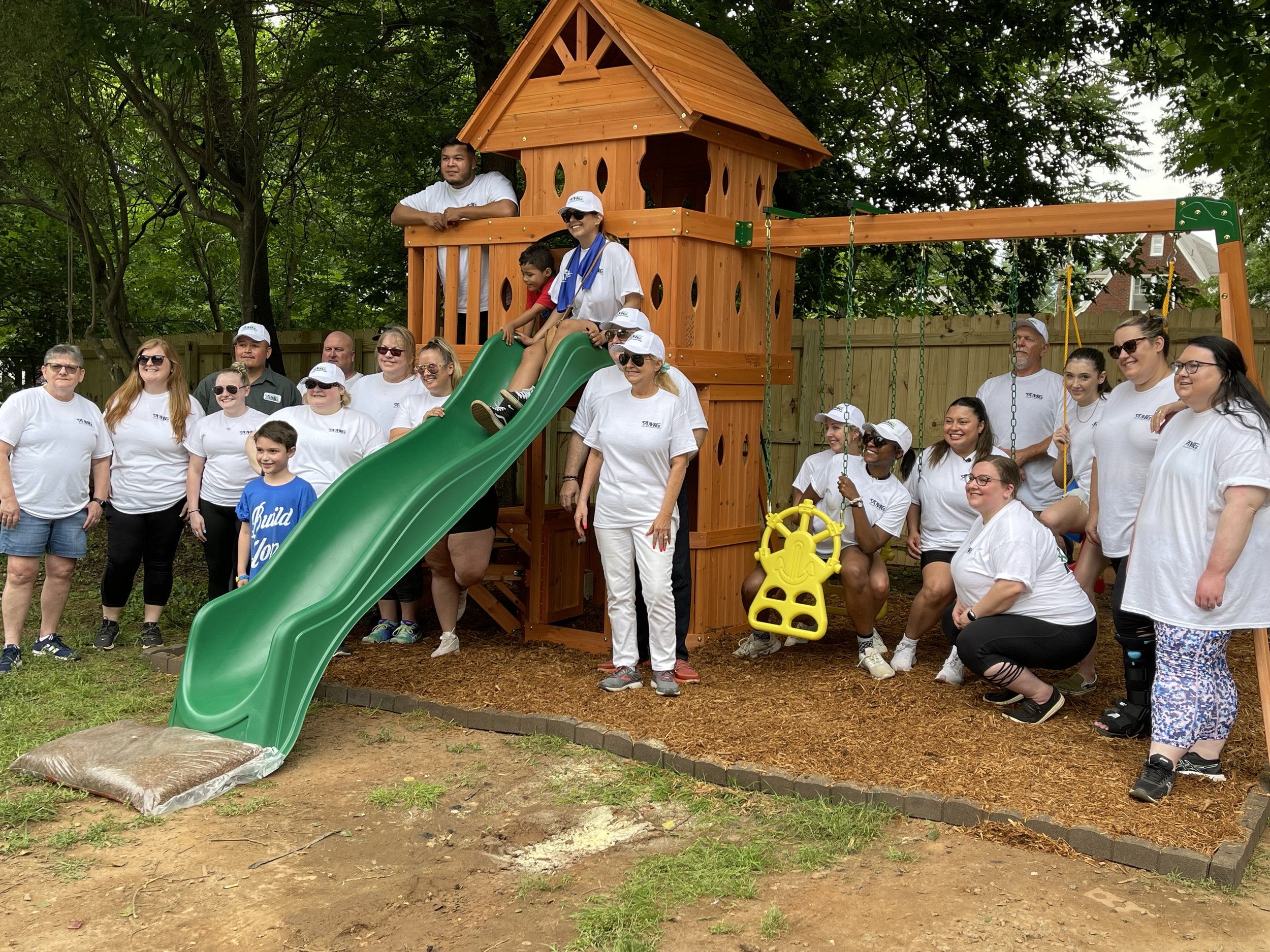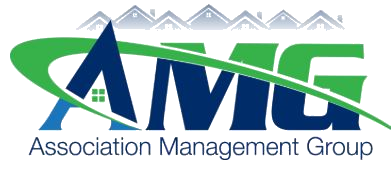Living Life in an HOA Community
/If you own a home in a community, chances are you are living in an HOA (Homeowners’ Association)
There are many pros and cons of living in an HOA. Over the years the resident’s sentiments about living in an HOA have changed. Many homeowners now feel that living in the protection of an HOA-governed community is best for their livelihood and their home value. More and more homeowners are not opposed to living according to HOA rules because enforcement of the regulations is set in place to protect their property values.
According to the CAI 2022 HOMEOWNER SATISFACTION SURVEY-National research and analysis for condominiums, homeowners’ associations, and housing cooperatives show that 68% of residents say the rules in the community protect and enhance property values. https://foundation.caionline.org/wp-content/uploads/2022/08/FCARHomeownerSatisfactionSurveyResults2022Final.pdf
A great majority of homeowners enjoy the amenities that are managed by their HOA for their enjoyment. Families enjoy HOA life and buy into HOA communities to have a safe neighborhood to raise their children. Families enjoy meeting new friends and neighbors for social engagement and attending holiday gatherings. Retirees buy homes in HOA communities to enjoy recreational activities and services that may not be available in other neighborhoods. All ages enjoy amenities such as golf courses, community playgrounds, parks, a community pool, a clubhouse, a gym, and security services.
As the world we live in is changing, security is becoming a bigger issue for homeowners.
Here are a few common security measures that HOAs may implement:
1. A Neighborhood Watch Group
2. Security Patrol Service -HOAs may hire private security or hire a security company to provide this service and respond to security concerns.
3. Security Cameras around the common areas to monitor suspicious activity.
4. Provide Security Education
5. Install and maintain neighborhood lighting for greater neighborhood visibility.
HOA Assessments are a topic some HOA residents are not fond of. Once they realize the value for what they receive, many are favorable. 58% of residents say their association assessments are “just the right amount” and 59% of residents say their association should insist that every homeowner pay assessments, involving attorneys only if delinquent accounts are not brought up to date after sufficient notification. This is according to the CAI 2022 HOMEOWNER SATISFACTION SURVEY - National research and analysis for condominiums, homeowners’ associations, and housing cooperatives.
AMG Has Been Transforming Community Management Since 1985
We are community focused.
AMG completely understands the true meaning of “home is where the heart is,” and takes very seriously the responsibility for keeping homes and neighborhoods running smoothly. Our community managers are highly sensitive to the needs of each of their communities, understanding their unique goals and objectives. We are dedicated to building relationships and helping neighborhoods transform into close-knit, thriving communities.






































